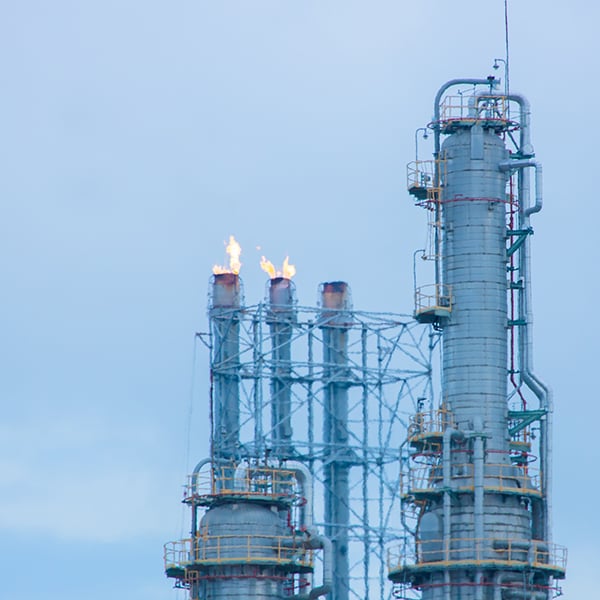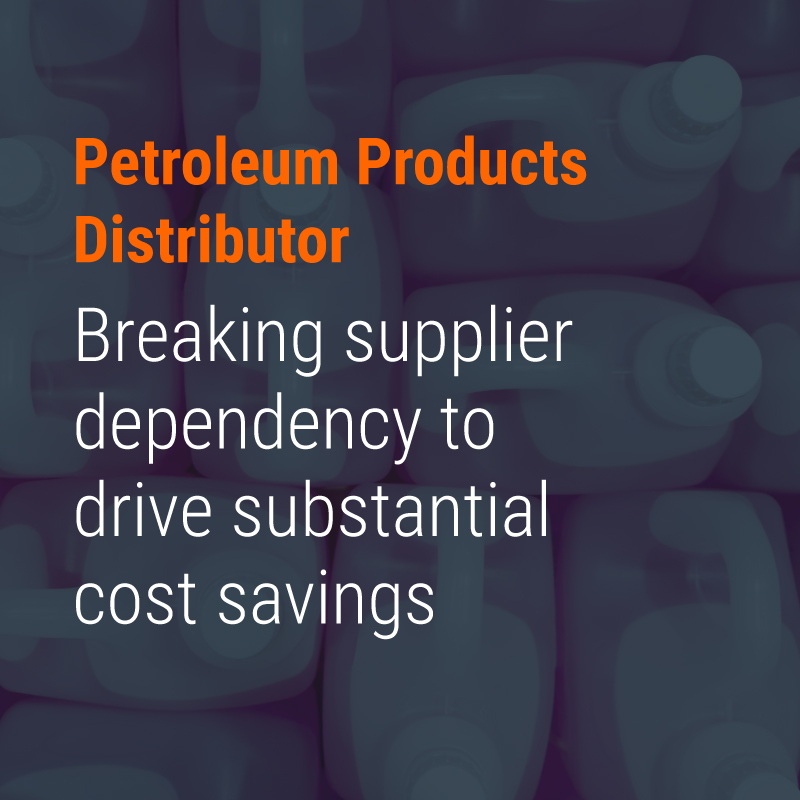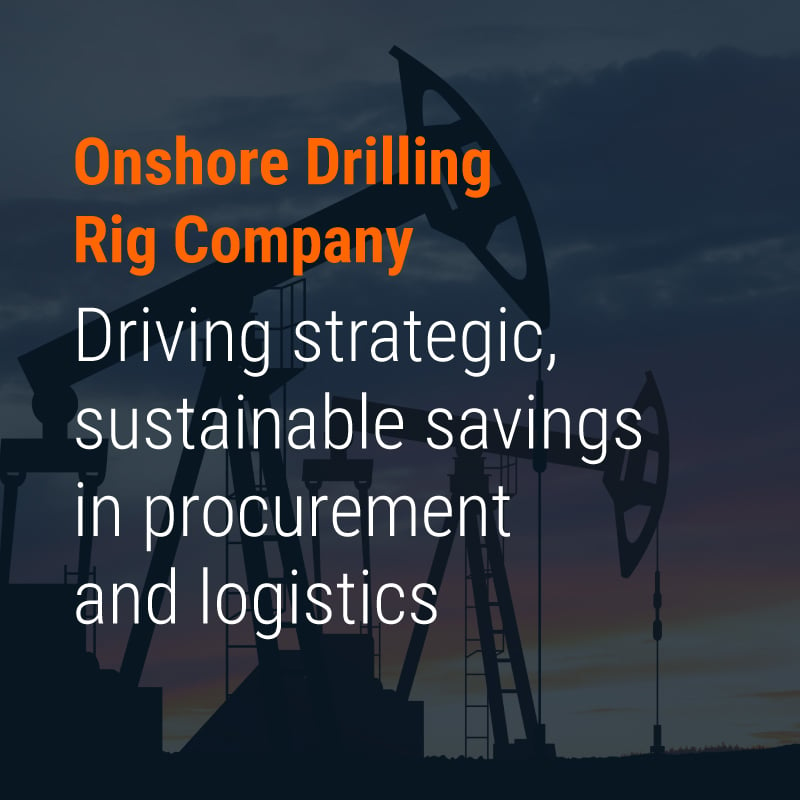Energy
Rapidly address supply chain and operations challenges to improve
profitability, cash, resilience, and growth

LATEST INSIGHTS
-
1
-
2
-
3
-
4
-
5
-
6
-
7
-
8
Maine Pointe collaborates with our energy clients to align on procurement and supply chain opportunities and works shoulder-to-shoulder with them to deliver sustained cost, quality, and performance improvements. We have deep industry and subject matter expertise. When combined with our data-driven, hands-on approach, we drive value creation and deliver benefits that extend throughout your organization.
Benefits & Track Record
10% to 30%
Average profitability growth
40% to 100%
Improvement in near-term cash
6:1
Average ROI
20+ Years
Private Capital & Corporate Experience
$5+ Billion
In value creation delivered
Guarantee
Unique 100% fee-based guarantee
Your Challenge
Energy companies are seeing an increasing need to address:
- Cost escalation containment
- Production and refining ramp up
- Securing and retaining labor resources
- Supply and contractor optionality
- Minimizing supply chain disruptions
- Accelerating maintenance programs
- Optimizing yields
- Distribution optimization (pipeline, rail and ocean)
- Digital acceleration
- ESG (acceleration, certification, compliance)


What We Do
Our experts work shoulder- to-shoulder with energy executives and their teams to:
- Quickly gain insight and control
- Accelerate initiatives and drive measurable improvements across the end-to-end supply chain and operations
- Improve customer service, revenue, profitability, efficiency and resilience through supply chain network design and footprint optimization
- Drive pragmatic change through a unique approach called Total Value Optimization™ (TVO)
- Implement tangible deliverables that achieve client's financial and operational goals
- Deliver an average 6:1 ROI
- Provide a unique 100% engagement fee guarantee based on annualized savings
The Maine Pointe Difference
Rapid Insight & Control
Our data analytics and digital supply chain expertise unlocks actionable insights across multiple data silos and drives measurable results for life sciences companies to make real-time decisions.
Robust ROI Business Case & Road Map Development
Our in-depth analysis focuses on quantifying production, supply chain & planning gaps to drive performance and improve profitability, cash, resilience & growth with 6:1 average ROI.
Unique Implementation Methodology
Our pragmatic and unique Total Value Optimization™ implementation methodology is designed to drive life sciences companies to greater efficiency, resilience and profitability.
Experience and Energy Subject Matter Expertise
Our use of subject matter experts (SMEs) with extensive Energy and Energy Production experience provides strong credibility and deep insights to achieve measurable results (average 25 years of experience).
Accelerated, Sustainable Change
Our leader and organization improvement (LOI) process aligns cross-functional operations with suppliers with common goals and ensures sustainable change.
Unique 100% Guarantee of Fees Based on Annualized Savings
Our unique 100% engagement fee guarantee mitigates the risk of the investment required to capture value.
Energy Success Stories
Driving measurable and sustainable change
What Our Clients Say
Experience the difference
Improving Profitability, Cash, Resilience & Growth
The engagement generated significant measurable results, including transformational change, forward looking KPIs to predict the business, margin improvement, and value to customers and shareholders.
Brad Feldmann, CEO, Cubic
Measurable improvement in EBITDA
The SGS Maine Pointe engagement helped us drive the highest level of revenue ever and drove measurable improvement in EBITDA through manufacturing rationalization and sourcing optimization.
Kirk Goins, CEO, Luminator Technology Group
Connect with us
Have a particular business challenge you'd like to address?
Submit this contact form to speak with one of our executives.



.jpg)